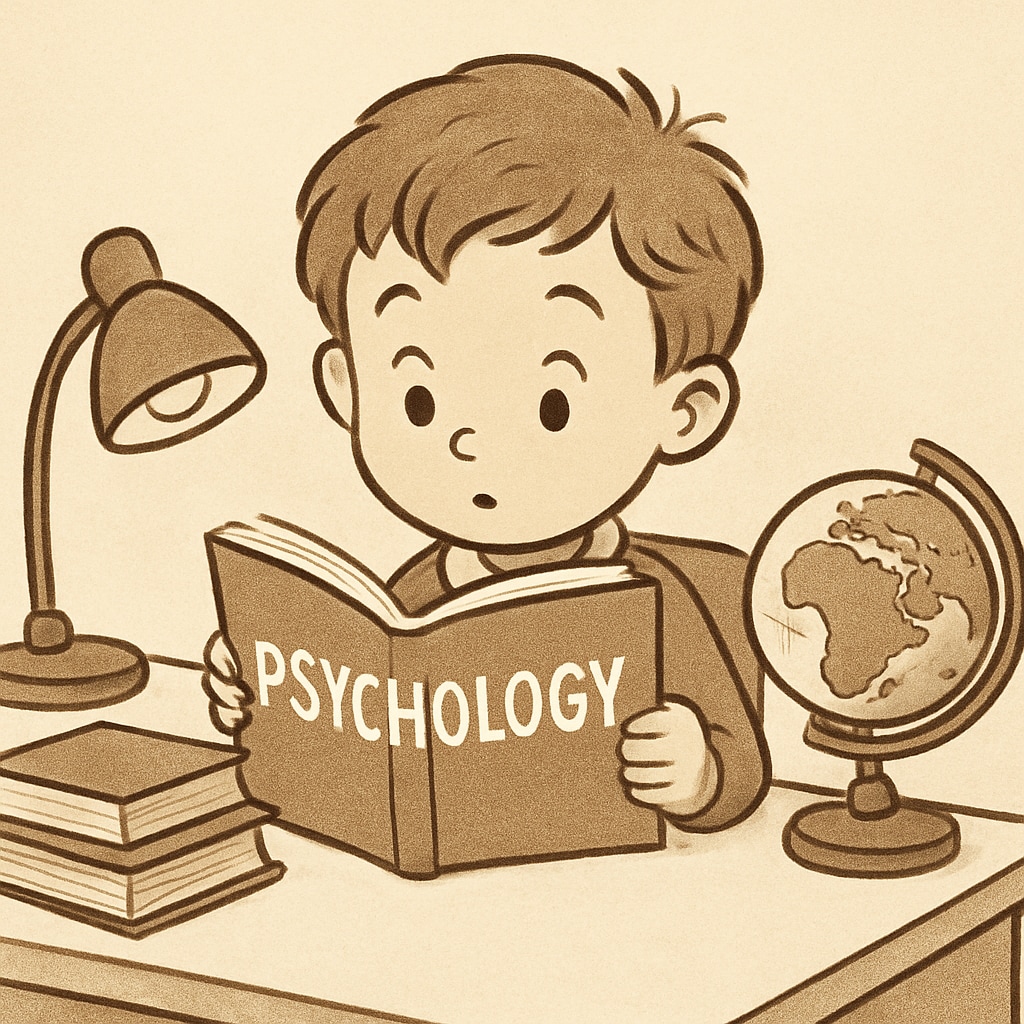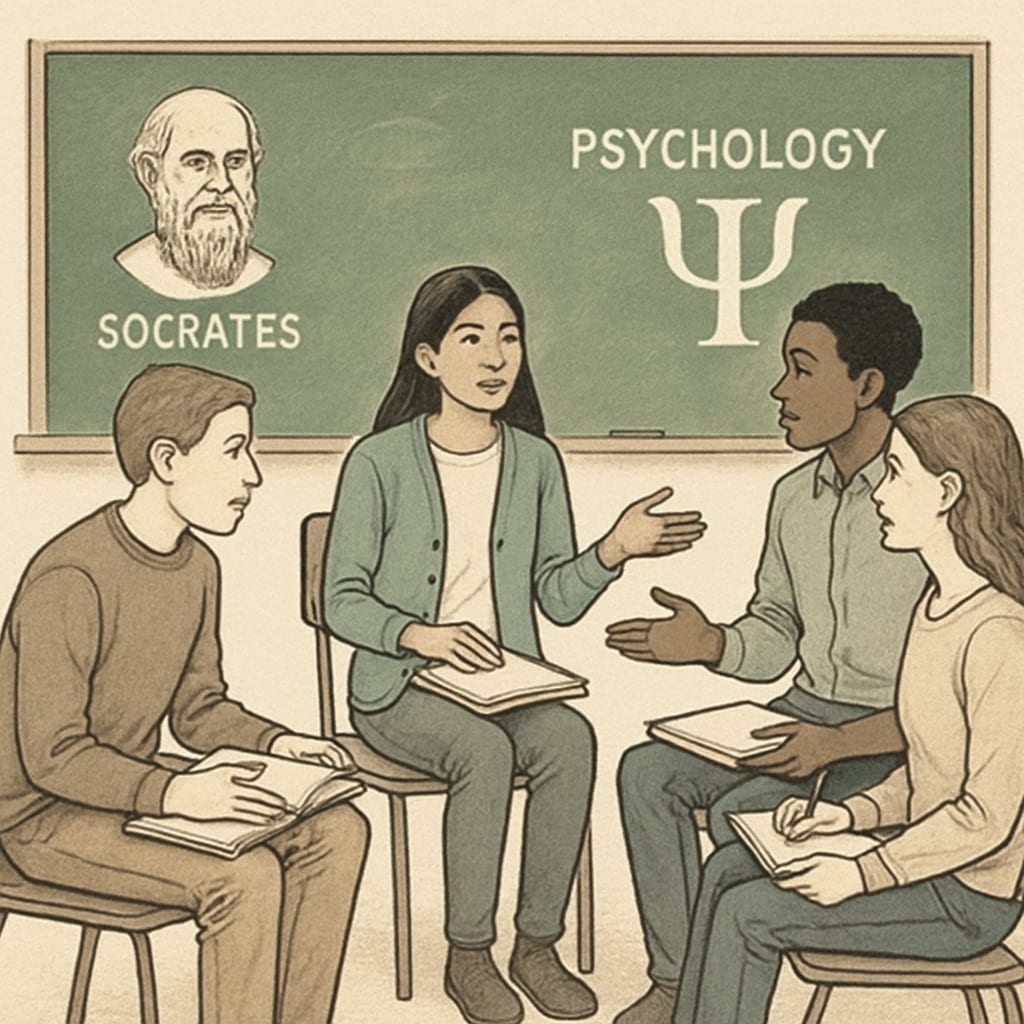Incorporating psychology and philosophy into a child’s K12 education can be transformative. These subjects offer young learners tools to better understand themselves and the world around them. By utilizing accessible self-study resources for psychology and philosophy, parents and educators can nurture critical thinking, emotional intelligence, and ethical reasoning—key skills for personal and academic success. While these disciplines may seem complex, there are beginner-friendly methods to make them engaging and age-appropriate.
Why Introduce Psychology and Philosophy Early?
Psychology helps students understand human behavior, emotions, and mental processes, while philosophy encourages them to question, reason, and evaluate different perspectives. Starting these disciplines early fosters:
- Self-awareness: Understanding emotions and thought processes enhances emotional intelligence.
- Critical thinking: Questioning assumptions develops problem-solving and analytical skills.
- Empathy and ethics: Exploring moral philosophy and human behavior promotes compassion and informed decision-making.
For example, introducing concepts like growth mindset (a belief that abilities can improve with effort) or simple philosophical questions such as “What is happiness?” can ignite curiosity and reflection.

Beginner-Friendly Psychology and Philosophy Resources
Finding the right resources is vital to making these subjects accessible. Below are some top recommendations for beginners:
Books
- The Book of Think by Marilyn Burns: A playful introduction to philosophical problem-solving for kids.
- What is Psychology? by Ellen Pastorino and Susann Doyle-Portillo: A simplified guide for young readers to understand psychology basics.
- Sophie’s World by Jostein Gaarder: A captivating novel that introduces the history of philosophy.
Online Platforms
- Khan Academy: Offers free resources on psychology and critical thinking.
- Stanford Encyclopedia of Philosophy: A comprehensive resource for exploring philosophical concepts.
Podcasts
- Philosophy Bites: Short episodes on key philosophical ideas.
- The Psych Files: Engaging discussions on psychology topics.
These resources ensure that learning remains interactive, self-paced, and dynamic—perfect for young learners.
Practical Tips for Teaching Psychology and Philosophy
In addition to using resources, the teaching approach plays a critical role. Here are some practical tips:
- Start with relatable topics: Discuss everyday scenarios to make abstract concepts tangible.
- Encourage open-ended questions: Ask questions like “Why do people dream?” or “Is it always wrong to lie?”
- Use multimedia: Incorporate videos, podcasts, or storytelling to keep lessons engaging.
- Create a safe space: Foster an environment where children feel comfortable expressing opinions.
For example, parents can use family discussions to explore ethical dilemmas, such as “Should you always share your toys?” This helps children think critically about their values while discussing real-life situations.

Long-Term Benefits of Early Exposure
Introducing psychology and philosophy during the K12 years creates a foundation for lifelong learning. Students gain:
- Enhanced problem-solving skills: They learn to approach challenges logically and creatively.
- Stronger interpersonal relationships: Empathy and understanding improve communication and collaboration.
- A love for learning: Exploring deep questions nurtures intellectual curiosity.
As a result, they are better equipped to navigate academic, social, and personal challenges in the future.
In conclusion, introducing psychology and philosophy to K12 students is not just about academic enrichment—it’s about shaping well-rounded individuals. By leveraging beginner-friendly self-study resources and practical approaches, parents and educators can inspire young minds to think deeply, empathetically, and critically.
Start today: Pick a book, ask an open-ended question, or explore a free online resource together!


